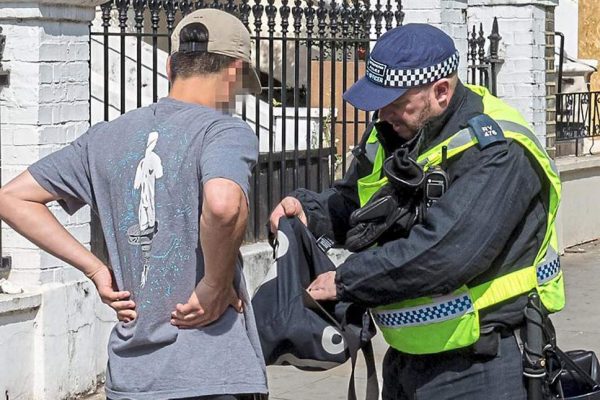
In the UK, it may be within the rights of an on-duty police officer to stop and search any individual suspected of carrying illegal drugs, weapons of any kind, stolen goods or any other object that can be used or is often used to commit crimes. However, under normal circumstances, the officer might only do that if he/she has reasonable grounds to suspect any of that. Under special circumstances and on getting the approval from a senior ranking officer, the police have the right to stop and search an individual even without reasonable grounds. Such special circumstances may include suspicion for the following:
• Probability of exceptional violence
• Probability and/or history of using weapons
• Being in an area that warrants suspicions of criminal activity
It is imperative to know how one should handle such a situation and these five tips provide some general information, but you should contact a lawyer to get advice on how to handle such a situation.
Keep Calm
It is common to get agitated when you are told to stop, and especially so when you are searched as well. Nonetheless, the very first step to handling a stop and search is to stay calm under all circumstances. Aggression and arrogance could worsen the situation and your case in the future.
Get the Names and Badge Numbers
If an officer chooses to stop and search you, ask for and acquire the associated officers’ names and badge numbers. Also, after the stop and search ask the officer in charge for a receipt for the same.
Do you Comment After Being Cautioned?
If you are cautioned, it is often the safest approach not to make any comments after caution as what you say may later be used as evidence against you.
Do you Sign the Officer’s Notepad?
If you are asked to sign the notepad of an officer during the stop and search, you should note that it could be used as evidence in court, should it get to that point. Therefore, the safest approach is not to sign.
Be Aware that Everything is Probably Being Recorded Via Bodycam
It isn’t uncommon for police officers to record everything with a bodycam to present as evidence during a court proceeding, if the need to do so arises. Any action you take on camera will likely affect the outcome of the case, so keep it as formal, lawful and polite as possible. If you are being wronged, you could consider recording that on your own camera, but you should not obstruct the officers.
Whether someone was wrongly stopped and searched, or they got into trouble due to their own mistakes, you need legal advice to figure out the best possible course of action. In the meanwhile, please note that this article does not provide legal advice and should not be relied on as information on behalf of Blue Trinity. If you require legal advice, please contact Blue Trinity on t:020 3674 6874. This article contains general information already in the public domain and Blue Trinity accept no responsibility for its accuracy or relevance.